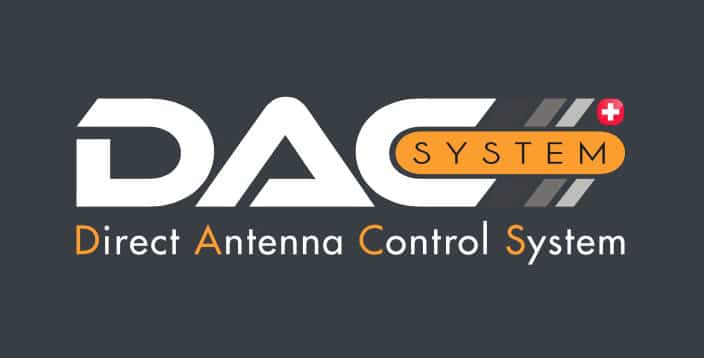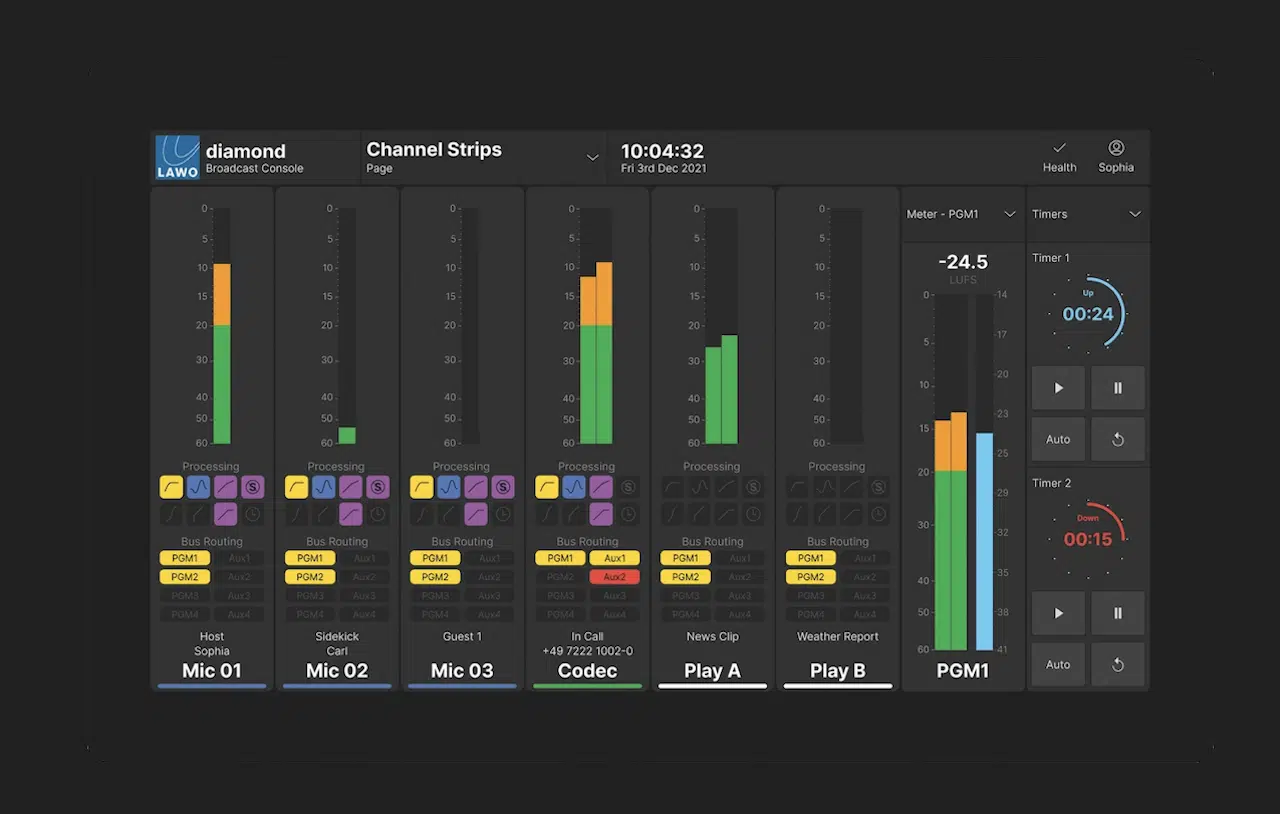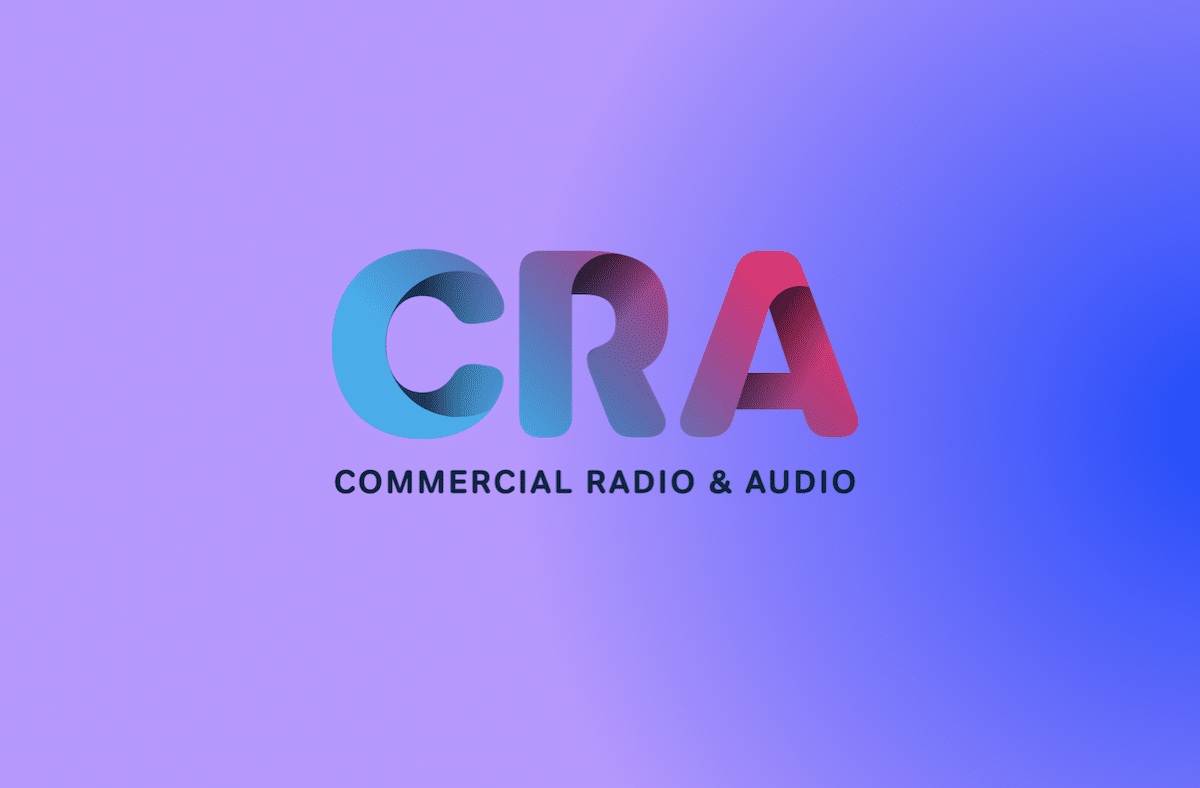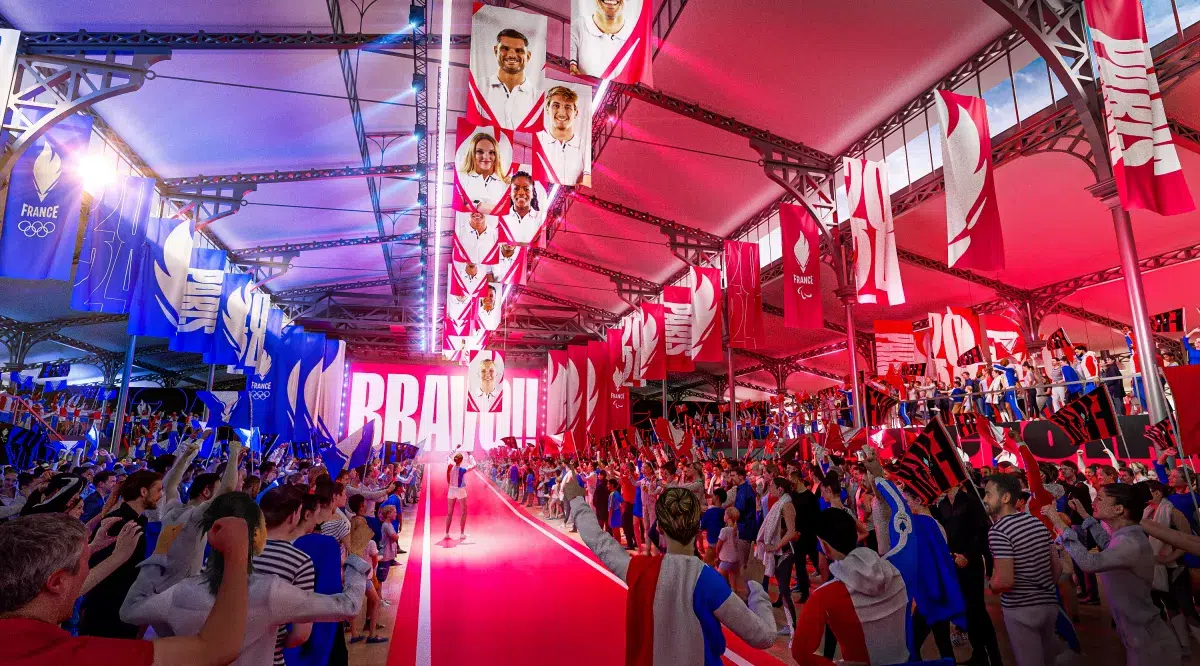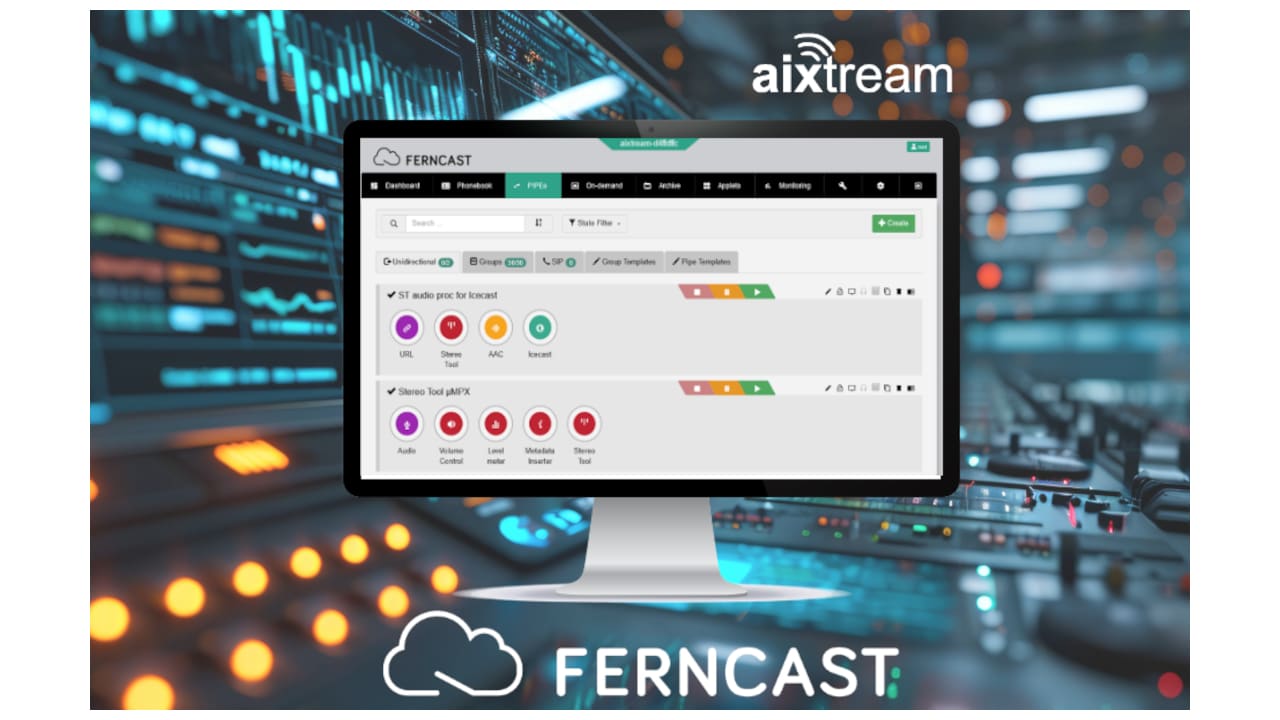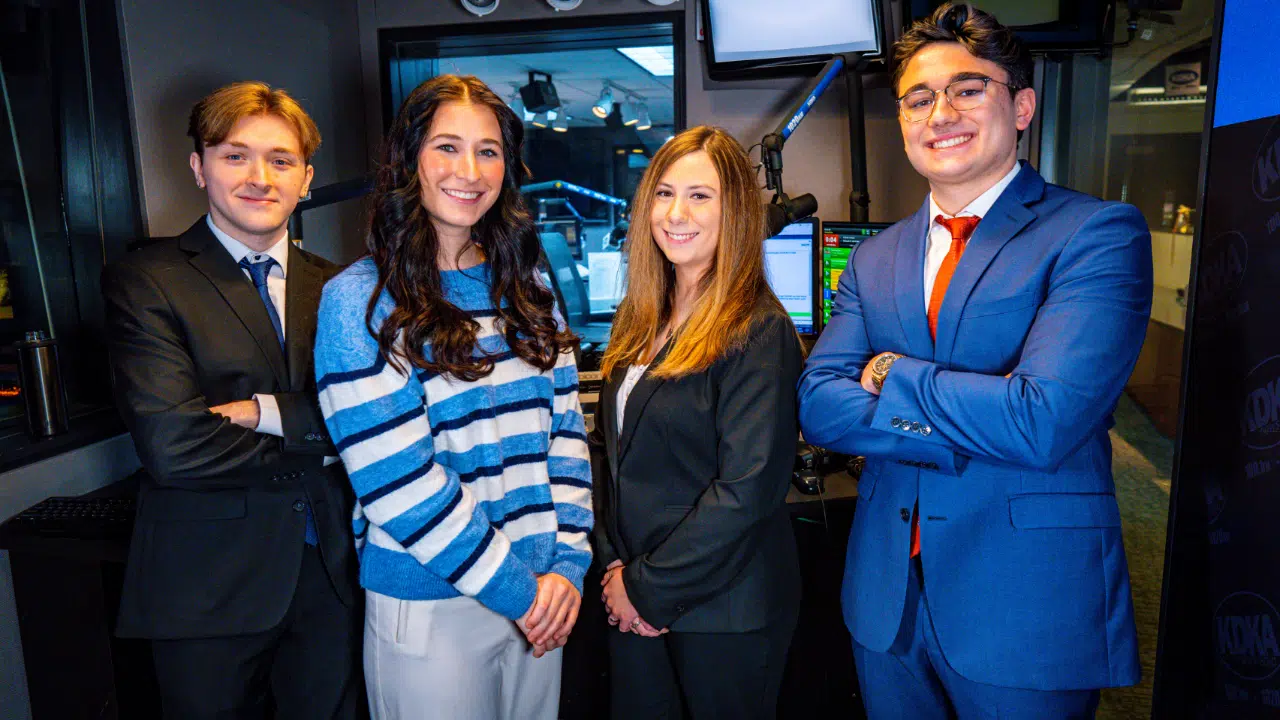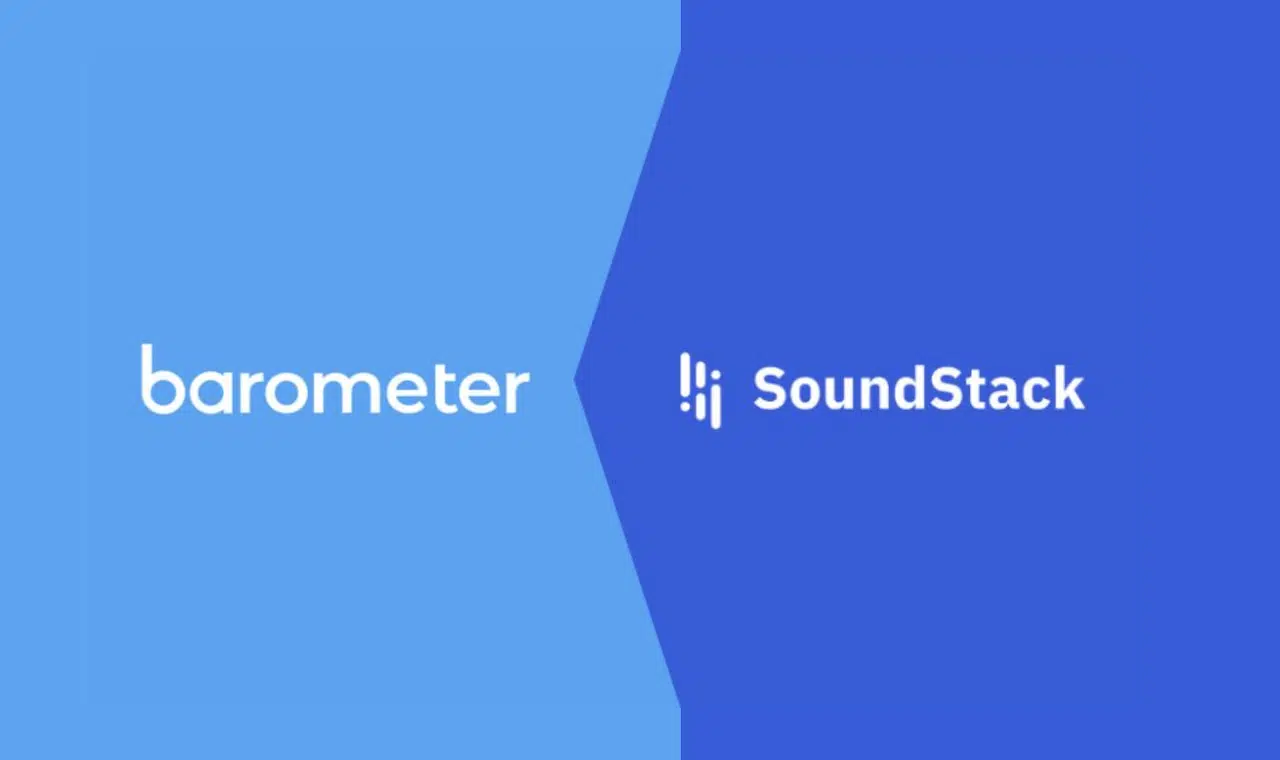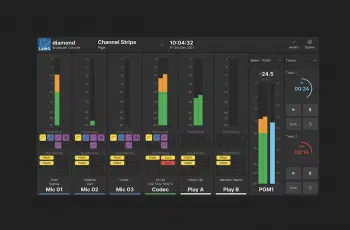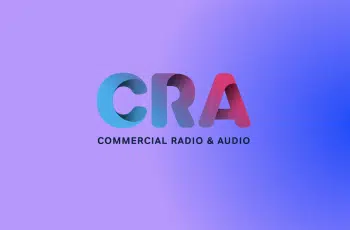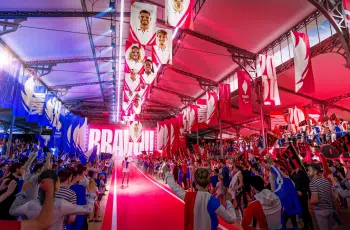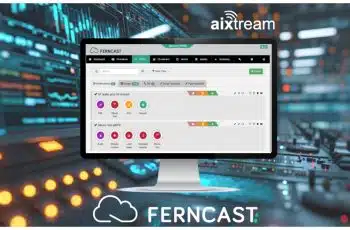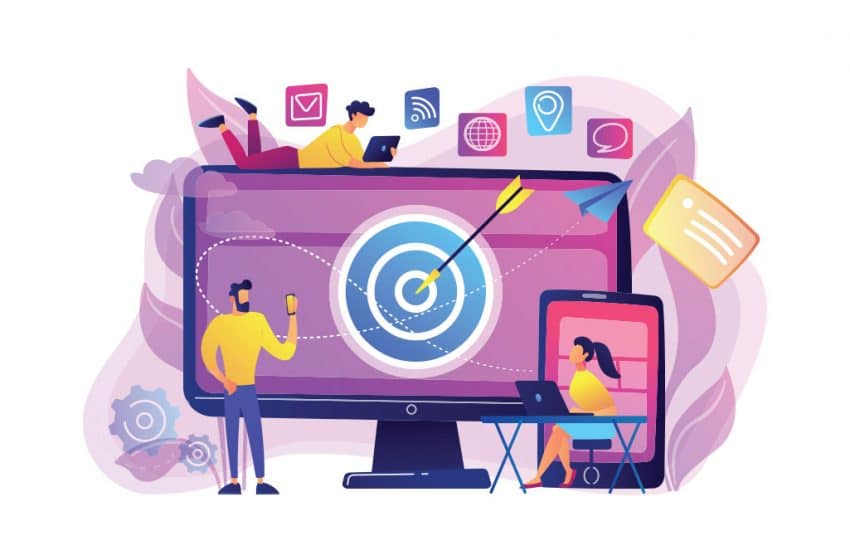
BRISBANE, Australia — Over the past five years, radio programmers have become increasingly responsible for producing content beyond traditional radio.
One programmer summed it up thus: “We have our talent doing on-air shifts, managing an ever-growing list of social media accounts, creating their own podcasts, contributing to the station websites; it feels like there’s always a shiny new toy we need to jump on.”
Put simply, there are a lot more mouths to feed in a radio business, and so far, the incremental revenue seems to be lagging. However, with the right approach to market, selling multi-platform solutions to traditional radio advertisers is not only easy, but quite lucrative. Here are three suggestions for selling multi-platform radio with confidence and conviction.
1. Think differently about digital
Radio won’t win competing directly with digital agencies and digital publishers — they are simply too good at what they do. Instead, the radio sales team should consider what is unique in their stations’ own digital offering, i.e., the things that would be hard for others to replicate. Consider the following:
- Brands — especially those known and trusted. The audience understands what they represent.
- Talent — specifically the relationship an audience has with talent across all touchpoints.
- Content — the unique on- and off-air experiences only a radio station can create.
- Ecosystem — the various platforms where a station can distribute content and where audiences can interact with it.
I call these the “four points of leverage” because radio sales teams can confidently talk about their brands, talent, content and ecosystem without getting lost in too much digital jargon. To sell digital media with confidence, always link solutions back to these points.
Radio won’t win competing directly with digital agencies and digital publishers — they are simply too good at what they do.
2. Think and talk audience-first
The different products available to sell can be overwhelming. Instead, think about a day in the life of the target audience and then reverse engineer the solution.
For example, 6 a.m. presents an opportunity for a station’s talent to do a client-sponsored post while an audience is scrolling through their social media. The 7:30 a.m. commute to work is the perfect time to hit them with a live read. At 9 a.m., they might arrive at their computer with an email asking them to enter the latest station promotion. A morning weather sponsorship could be a great way to get some frequency, but what kind of digital display is on the station website while they’re scrolling away during their lunch break?
The opportunity to create relevance for all products is far easier to uncover when thinking this way, and clients gravitate to this common-sense approach to selling.
3. Look for easy wins
Selling multi-platform needn’t be complex; rather, it’s about identifying and accumulating lots of easy wins. Here are some questions radio stations should ask on every client solution to ensure they’re uncovering the maximum opportunity for a cross-platform sell:
- Have we considered all our assets?
- Could this idea be supported by more than just an on-air touchpoint?
- Could this idea live somewhere else entirely?
- Are we amplifying radio with digital or the other way around?
- What is the digital ecosystem of this brand, talent and show?
- How can we tap into that for this client?
- Are all these pieces working together? Does this feel like a well-considered integrated campaign to help the client achieve their objective?
Wrap-up
Whether it’s selling broadcast radio or a fully integrated cross-platform solution, we need to remember that first and foremost, all media solutions are about people. Our job is to intercept, engage and influence people to connect them with an advertiser’s message.
The author is a career media sales specialist with more than 13 years of experience spanning radio, digital, podcasting and out of home. His Media Sales Mastery is one of the world’s top-rated podcasts on media sales.
Read his “Three strategies for selling radio and podcasts together” here.


